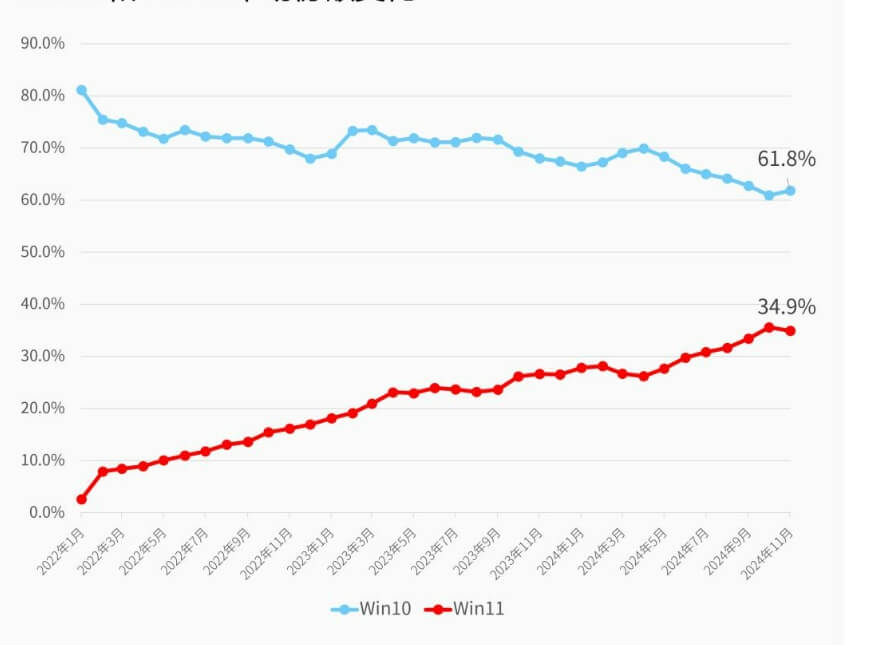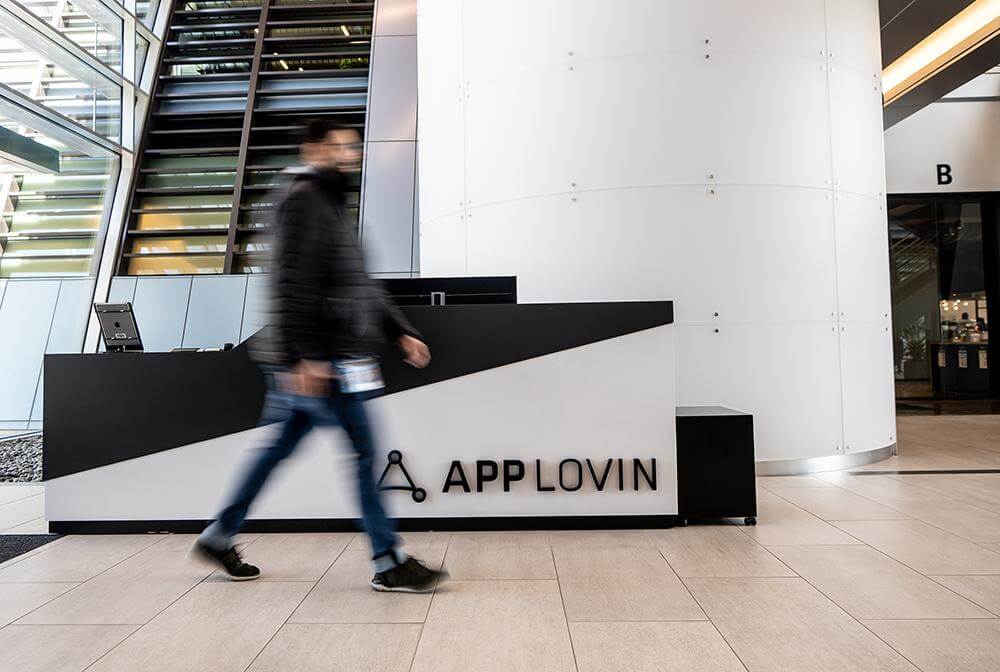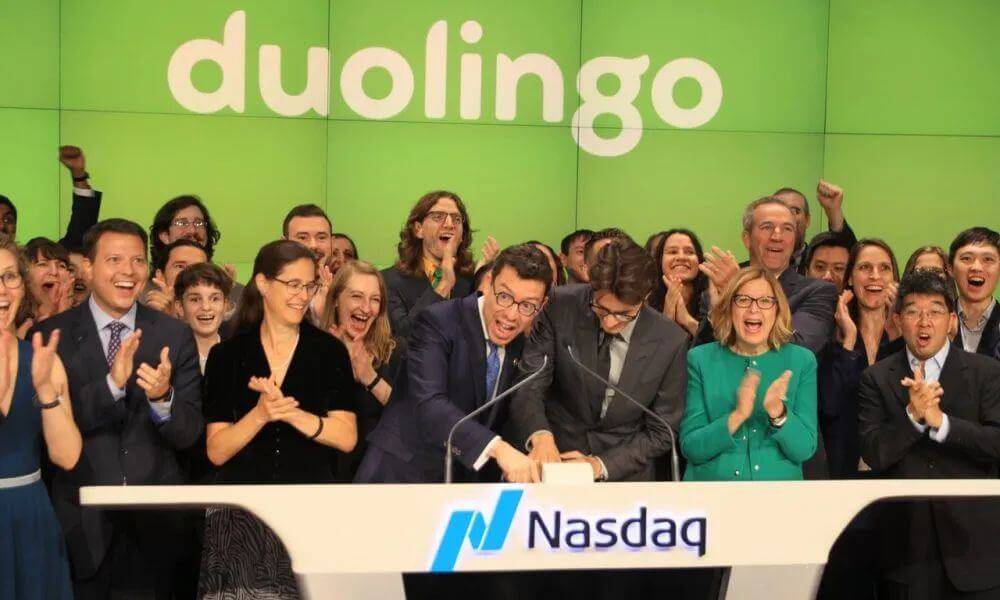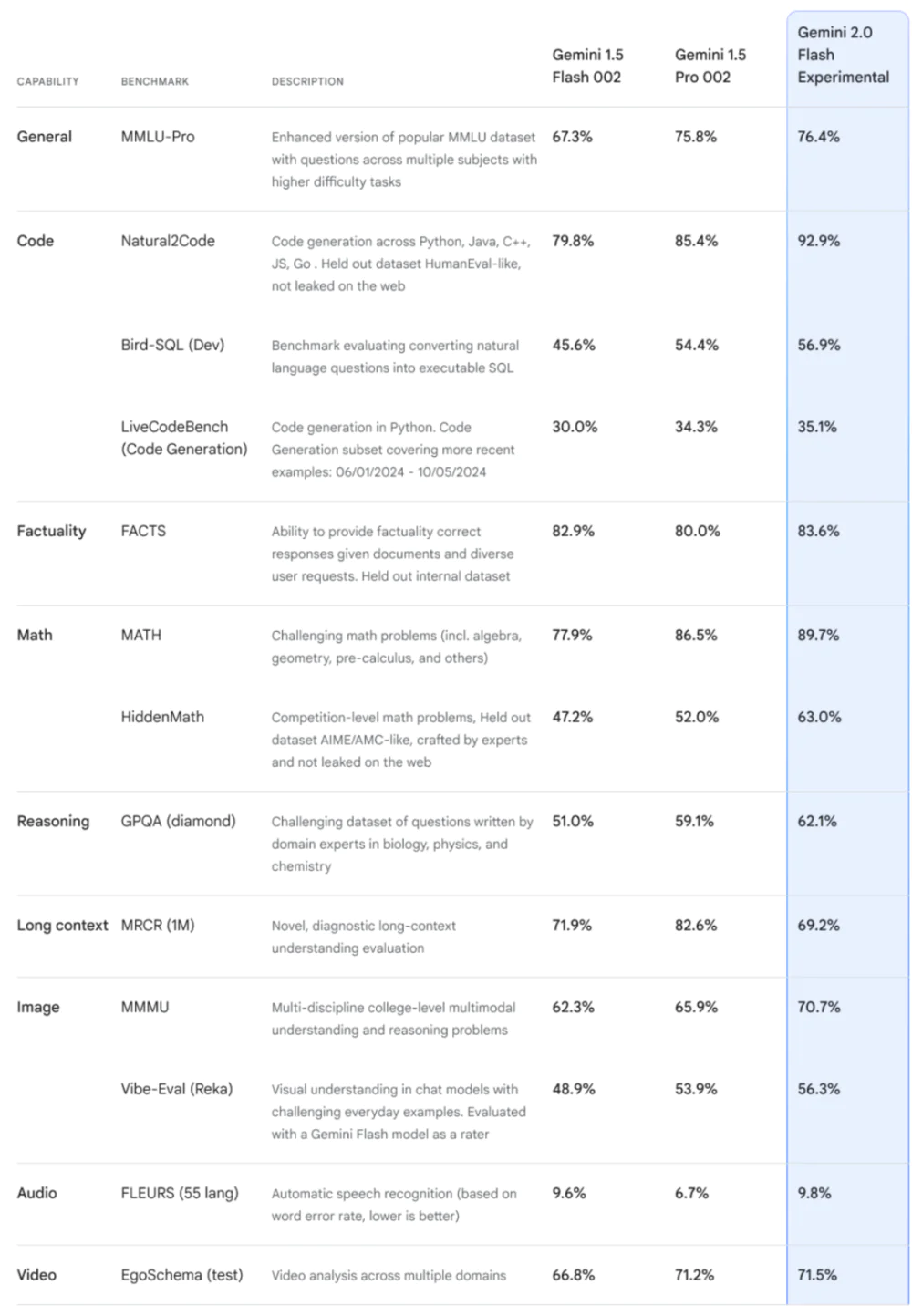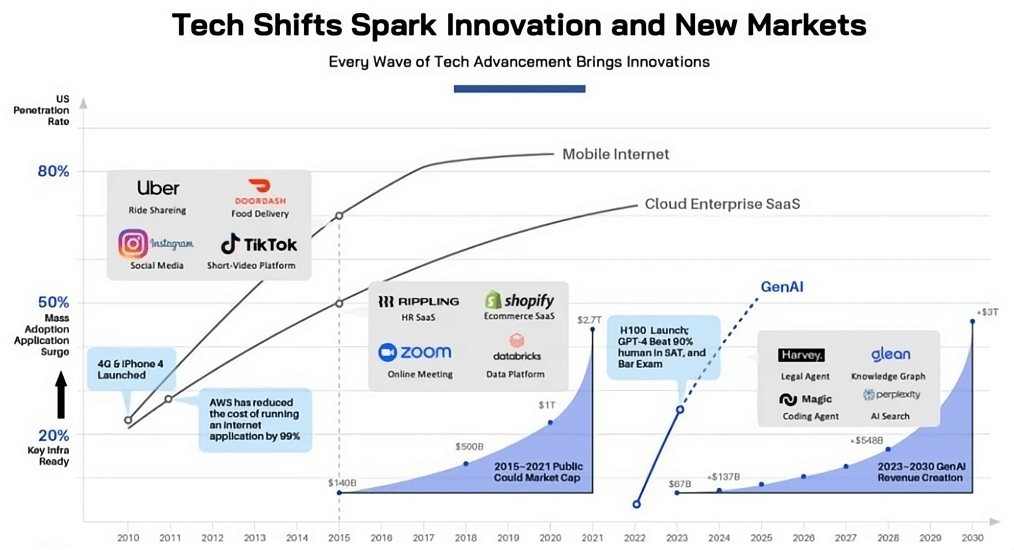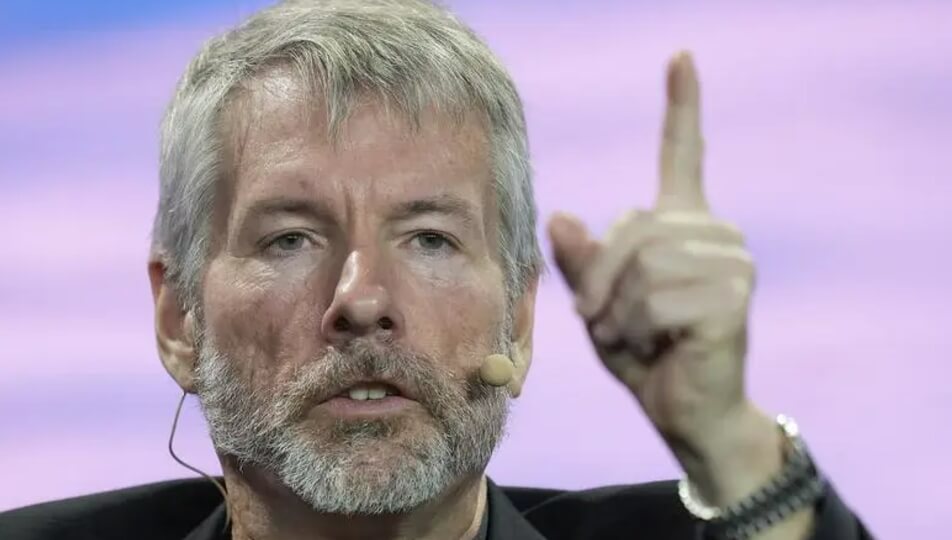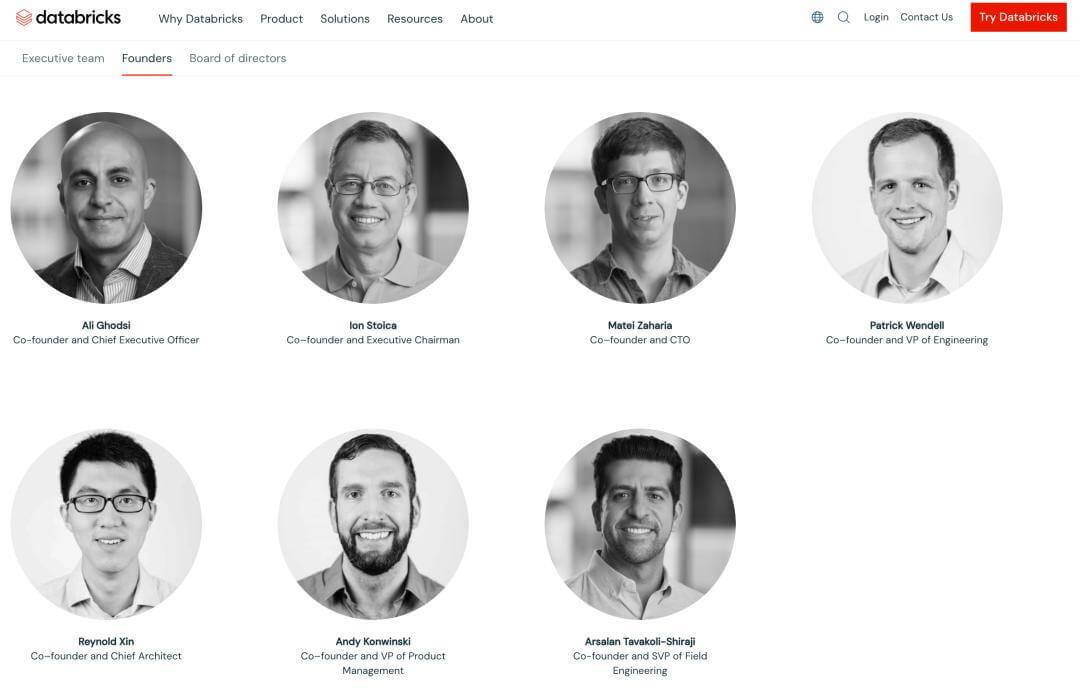In 2024, Google achieved record-breaking financial success but faced growing challenges in AI dominance and regulatory scrutiny. As Sundar Pichai sets ambitious goals for Gemini in 2025, the company navigates layoffs, competition, and legal hurdles to redefine its leadership in the tech industry.
In 2024, Google became Wall Street’s darling, with outstanding performance and a record-breaking stock price. However, despite its great financial results and stock surge, CEO Sundar Pichai created a massive sense of crisis among employees as the year drew to a close. 😱
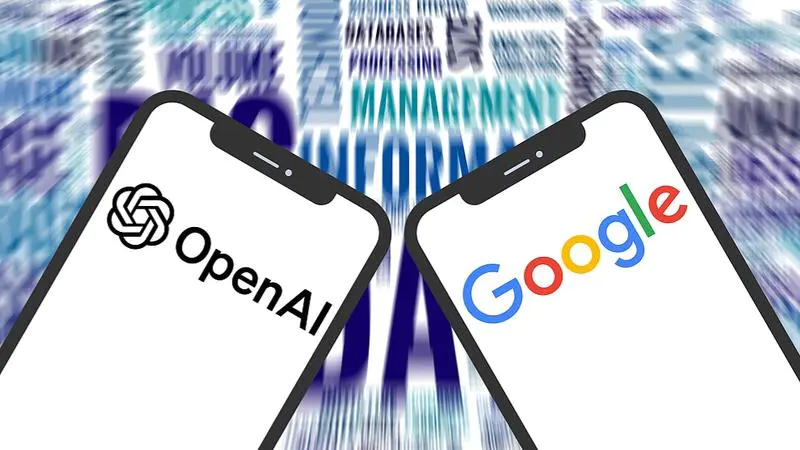
Recently, foreign media revealed some content from Google’s December 18th 2025 strategy meeting. Sundar Pichai stressed, “We must be aware of the urgency of this moment.” ⏰
Before his remarks, Google saw its stock surge in April, with its market value crossing the $2 trillion mark for the first time. In Q3, Google’s cloud business grew the fastest among all major tech giants, rising by 35% from last year, with an operating profit margin of 17%. The outlook seemed bright. 🌟
However, Sundar’s sense of urgency stems from Google’s AI business. 🤖
Since the launch of ChatGPT in late 2022, consumers have witnessed the rise of Microsoft's Copilot AI assistant, Meta’s AI chatbot, and other startups’ AI products like OpenAI and Perplexity flooding the market. These tools are gradually eroding Google’s dominance in the U.S. search market. According to research firm eMarketer, Google’s share of the search ad market is expected to fall below 50% by 2025—its first drop in over a decade. 😬
Search is the foundation of Google’s business, and any shakeup of that foundation has a huge impact on morale. Earlier this year, many Google employees posted complaints on the internal network, saying the company lacks a visionary leader.
Facing such doubts, Sundar Pichai is under enormous pressure. 💪
Aiming to Regain the Top Spot with Gemini
In the 2025 strategy meeting, Sundar Pichai emphasized that the focus in the new year would be on AI development, amidst more intense competition and regulatory pressures.
“2025 is crucial. This is a disruptive moment,” he said. “Looking at history, you may not always be first, but you must perform well and strive to be the best in your category. That’s the significance of 2025.” 💥
He added that Google’s goal is to create new, large-scale consumer applications, and this hope rests with Gemini. 🌐
Executives also believe that Gemini has the potential to become Google’s next app with over 500 million users. Expanding Gemini’s user base will be their main focus in 2025. They are also pinning their hopes on it to surpass OpenAI. 🚀
Currently, Gemini’s large models support all of Google’s AI products, including the popular lightweight model Gemini Flash for developers.
Some employees questioned whether ChatGPT is becoming synonymous with AI, just as Google is synonymous with search. How will they turn things around in the coming year? 🤔
Sundar Pichai posed this question to Demis Hassabis, co-founder of Google’s DeepMind. He said that Gemini’s application is under DeepMind’s leadership, and the team will “accelerate” its development. Demis Hassabis described a vision of a universal assistant, “It will run seamlessly across any domain, mode, or device.” 💡
Layoffs to Fund AI Business
This year, Google’s AI progress was full of setbacks. In February, Google rebranded its large model product from Bard to Gemini and launched Imagen 2, which could convert user prompts into AI-generated images. However, the product was scrutinized for historical errors found by users. Google said it would take weeks to re-launch Imagen 2, but it took six months before launching as Imagen 3 in August.
In March, Google co-founder Sergey Brin admitted in a YouTube video, “We really messed up with image generation.” 😅
In May, the AI Overview launch met similar reactions. The product displayed AI summaries above traditional search results, but users quickly discovered problems. When asked, “How many rocks should I eat daily?” the tool answered, “According to a geologist from UC Berkeley, people should eat at least one small rock daily.” 🤯
After this, Google became the subject of ridicule in the AI space, prompting organizational adjustments.
Layoffs became a key move. By the end of Q3, Alphabet’s total employee count stood at 181,269, down about 5% from the end of 2022. Human resources said the layoffs were necessary to free up funds for AI development. 💸
After the layoffs, resources flowed heavily into AI and DeepMind, and employee morale in these areas is high. DeepMind and AI teams now have larger travel and recruitment budgets. Google also moved some employees out of the eight-story office on Embarcadero Street in San Francisco, replacing them with AI teams.
Moreover, Google transferred the Gemini AI application development team to DeepMind under Demis Hassabis, and employees praised the leadership change, saying, “This should have happened sooner.” 😌
However, this uneven distribution of resources has caused discontent in other departments. Human resources previously hinted that layoffs might be even more severe in the coming year, as the company focuses on AI.
Regulatory Crisis, Surrounded on All Sides
Apart from AI, another major issue for Sundar Pichai is regulation. As Google’s influence grows, it faces stricter regulations than ever before.
In August, a federal judge ruled that Google illegally monopolized the search market.
In October, a U.S. judge issued a permanent injunction forcing Google to provide alternatives to the Google Play Store for Android phones.
In November, the Justice Department required Google to divest its Chrome browser division. In another case, the Justice Department accused the company of monopolizing online ad tech. That case ended in September, awaiting a ruling. In the same month, UK competition regulators issued a statement opposing Google’s ad tech practices, temporarily concluding that its practices harmed competition in the UK. ⚖️
“I’m very clear, we’re under the microscope of the entire world,” Sundar Pichai said during the 2025 strategy meeting. “This is part of the trend of big tech impacting society at scale.” 🌍
For Google, 2025 will be a year of ambition amid crises. Whether it can regain its AI leadership with Gemini while maintaining growth under regulatory pressure will be the key focus for the global tech industry and investors. How Google navigates this challenge will be eagerly anticipated. 🔮

